What difference does it make if the thing you are scared of is real or not?
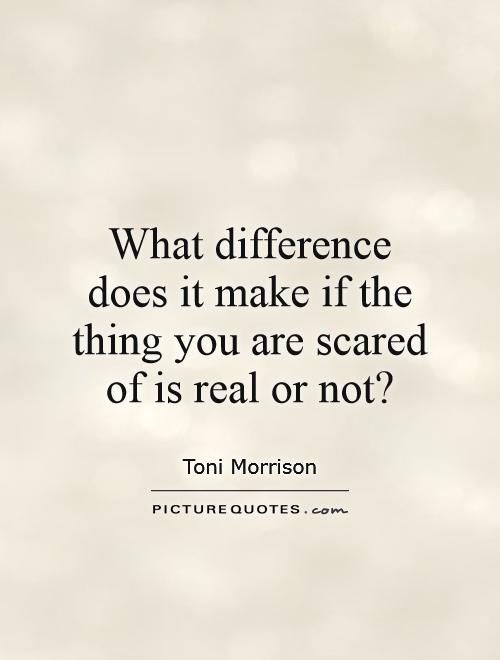
What difference does it make if the thing you are scared of is real or not?
Toni Morrison, the renowned American novelist and Nobel laureate, often explored themes of fear, trauma, and the impact of the past on the present in her works. In her novels, Morrison delves into the complexities of human emotions and experiences, shedding light on the ways in which fear can shape and define individuals and communities. One of the recurring questions in Morrison's work is the significance of whether the thing one is scared of is real or not.In Morrison's novels, characters often grapple with fears that are deeply rooted in their personal histories, traumas, and societal injustices. These fears can manifest in various forms, from the supernatural to the mundane, but they all have a profound impact on the characters' lives and relationships. Whether the source of fear is real or imagined, Morrison suggests that the effects are very real and tangible.
For example, in Morrison's novel "Beloved," the character Sethe is haunted by the ghost of her deceased daughter, whose death she caused in a desperate attempt to protect her from the horrors of slavery. The ghost of Beloved represents Sethe's guilt, trauma, and unresolved emotions, and it has a powerful and lasting impact on her life. The ghost is a physical manifestation of Sethe's fears and regrets, and it forces her to confront the painful truths of her past.
Similarly, in "The Bluest Eye," Morrison explores the devastating effects of internalized racism and societal beauty standards on the character Pecola Breedlove. Pecola's fear of not being seen as beautiful or worthy is deeply ingrained in her psyche, and it drives her to desperate and tragic actions. The source of Pecola's fear may not be a tangible threat, but its consequences are very real and destructive.
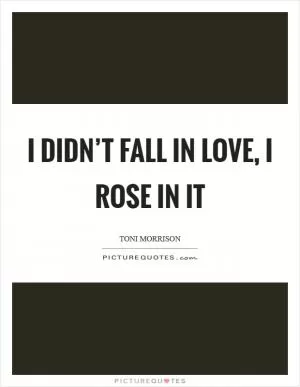
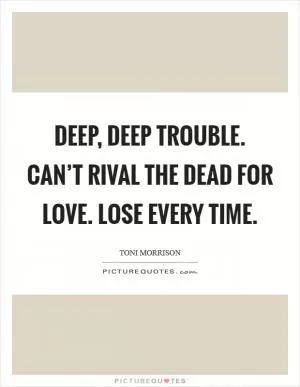
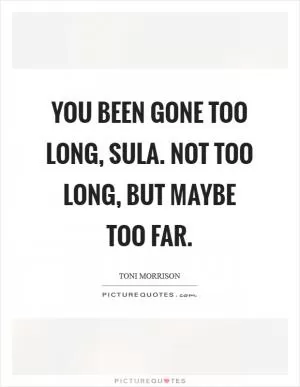
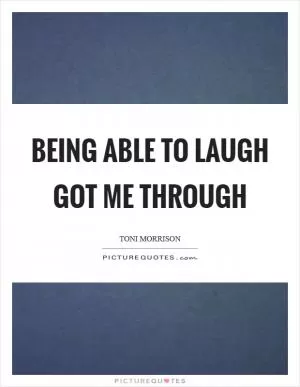
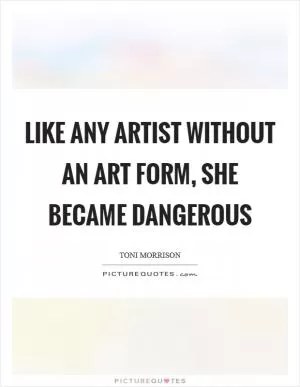
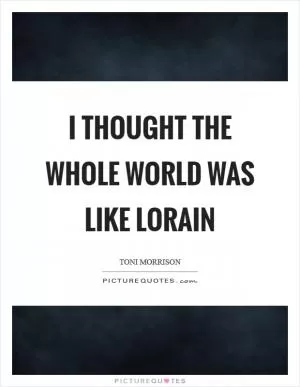
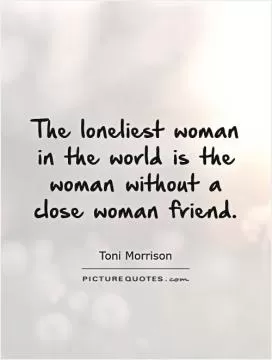
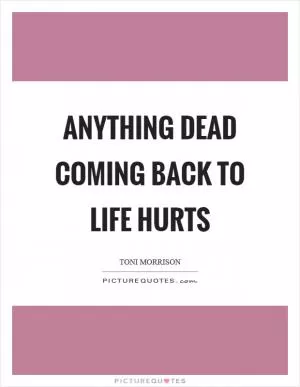
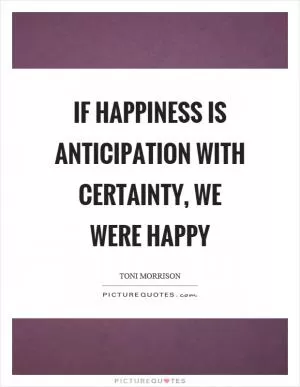
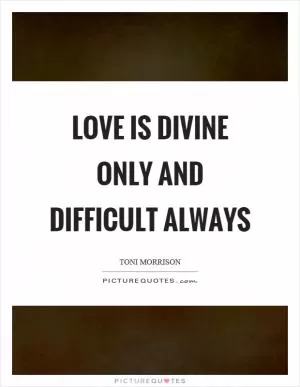
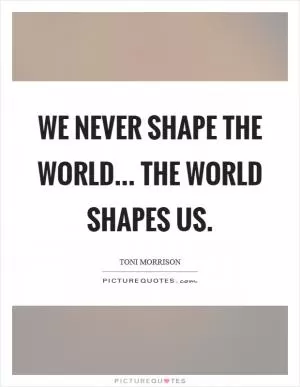
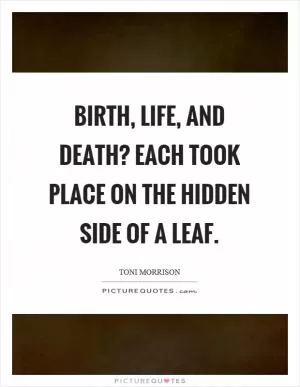
 Friendship Quotes
Friendship Quotes Love Quotes
Love Quotes Life Quotes
Life Quotes Funny Quotes
Funny Quotes Motivational Quotes
Motivational Quotes Inspirational Quotes
Inspirational Quotes